Israel’s car market is tiny, with just 271,321 sold last year, and the country has absolutely no car industry of its own. Yet the Israeli city of Tel Aviv is fast becoming an automotive hotspot, with major manufacturers racing to establish a presence there.
Their interest lies in Tel Aviv’s thriving start-up scene, which is developing both software and hardware that can be applied to the car industry: a notable example is navigation app Waze. Of more than 6000 start-ups in Israel (a number second only to Silicon Valley), around 640 are working on automotive projects – and more are working on technology that could ultimately be applied to the industry.
With electrification, autonomy and other developments forcing car makers to look to the tech world for help, there is a race to find and identify start-ups with systems that could accelerate progress. Car firms have realised they can’t develop all the technology needed alone. That’s why, as Skoda boss Bernhard Maier explains: “Silo thinking is out, and partnering is in.”
But dealing with small, fast-paced and volatile start-ups can be a challenge for lumbering car behemoths, with their massive infrastructures and long production lead times. So, in 2016, Skoda established a stand-alone company called Skoda Digilab, initially with just six staff. It is not an investment vehicle: instead, it is tasked with finding startups developing technology that could benefit Skoda, and helping them with product and business development.
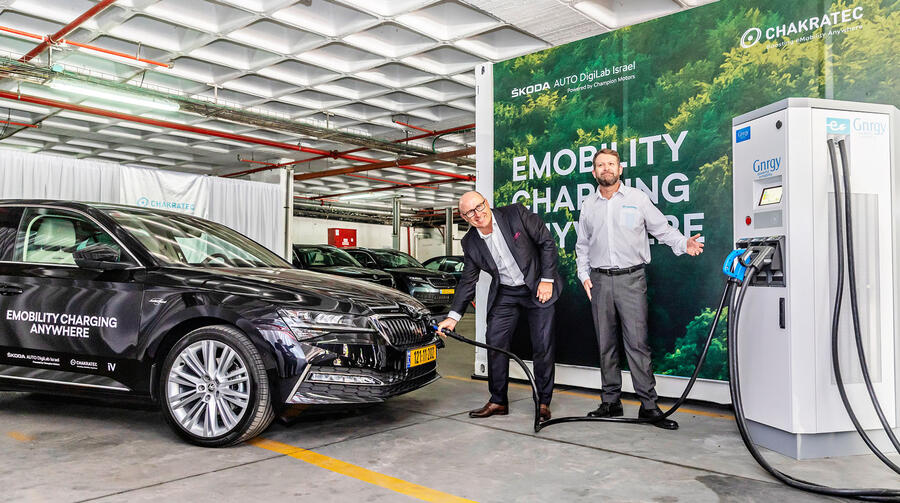
There are now three Digilab locations: in Prague, Beijing and, since 2018, Tel Aviv, where the operation is run in partnership with Skoda importer Champion Motors. “We decided we needed to be where the innovations are born,” says Skoda Digilab boss Jamila Placha.
Skoda has particular reason beyond start-ups to be interested in Israel: it is the biggest-selling European car firm in the country, and fourth overall, with 21,057 sales there last year, buoyed by historical ties between the Czech Republic and Israel.
The particular appeal of Israel is the sort of technology being developed, which stems from the company’s history and ideology. Israel presents itself as a ‘start-up nation’, which results in a stubborn, determined mentality, with people encouraged to develop and champion ideas without worrying about failure. And with few natural resources and inhospitable terrain, the government has identified and pushed technology as a way of growing its export economy.
Israeli start-ups are particularly strong in cybersecurity, artificial intelligence and sensor-based hardware, largely based on systems and technology originally developed for use by the well-funded Israeli military. “The fact Israel start-ups are not just about software but hardware makes it different from elsewhere in the world,” adds Placha. “That’s why we chose to come here.”

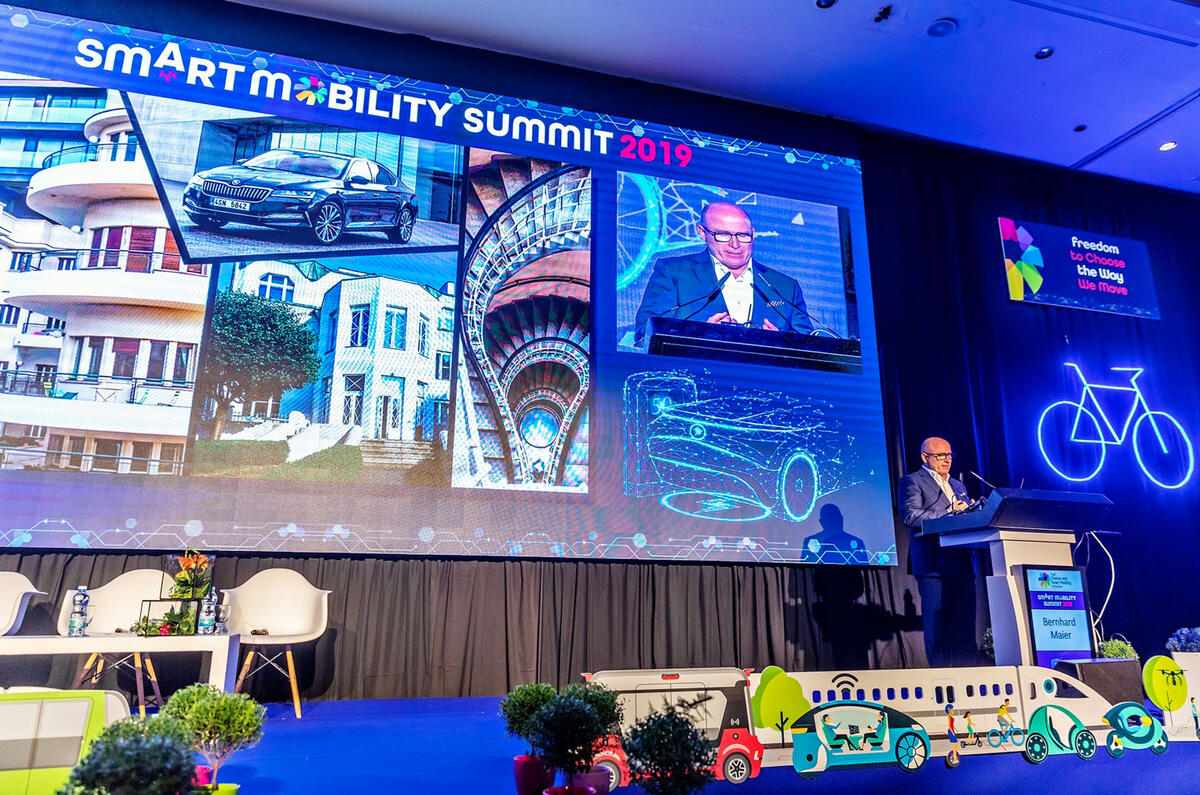
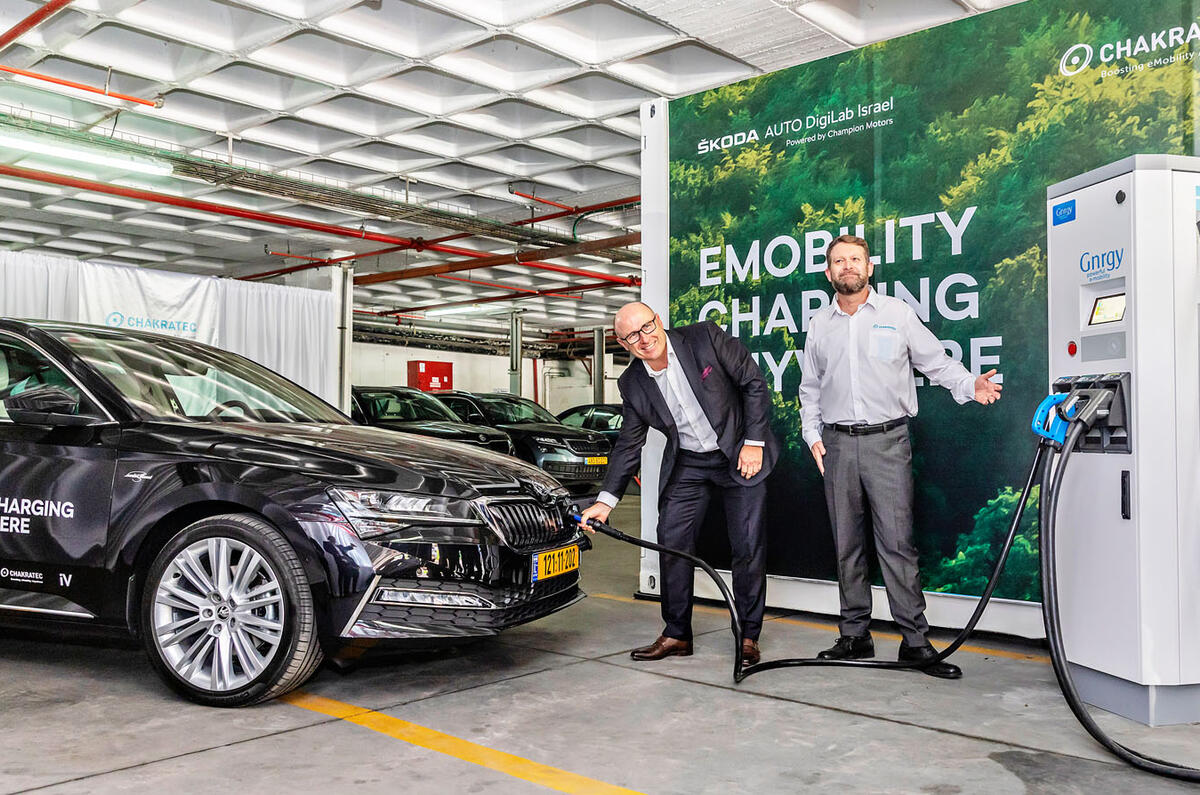
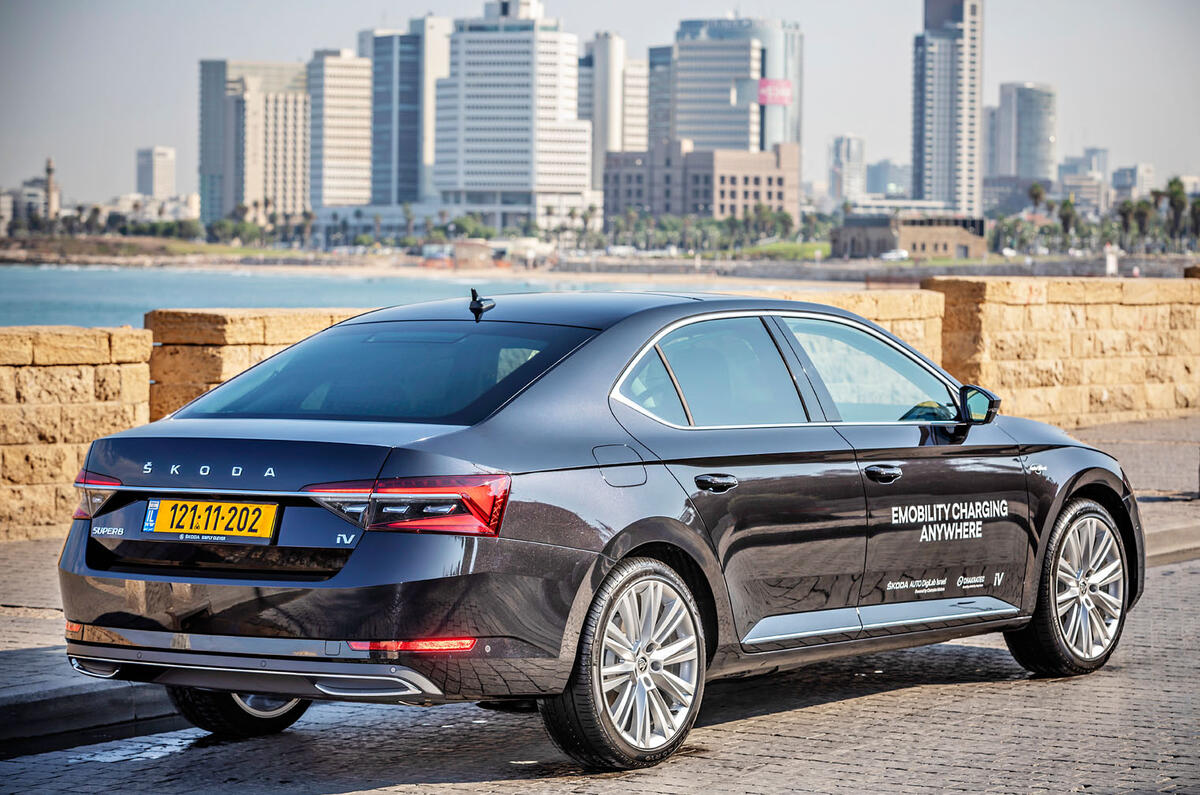
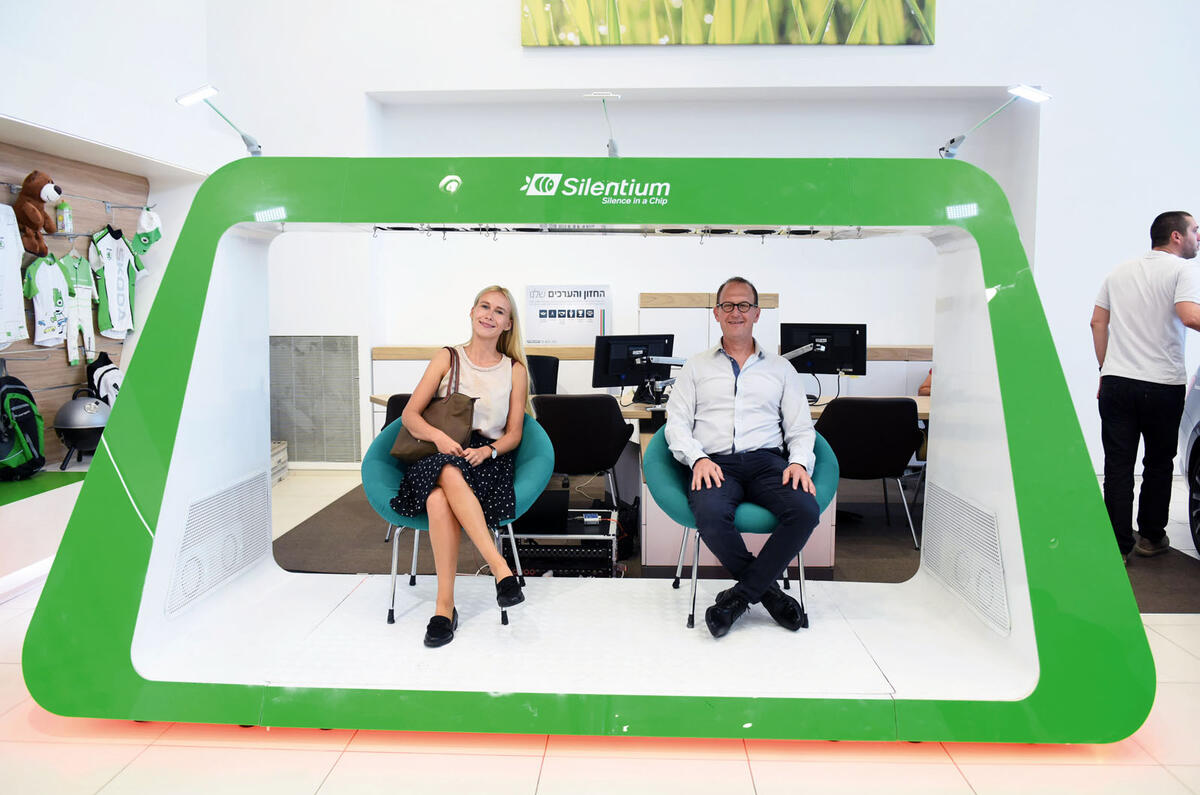
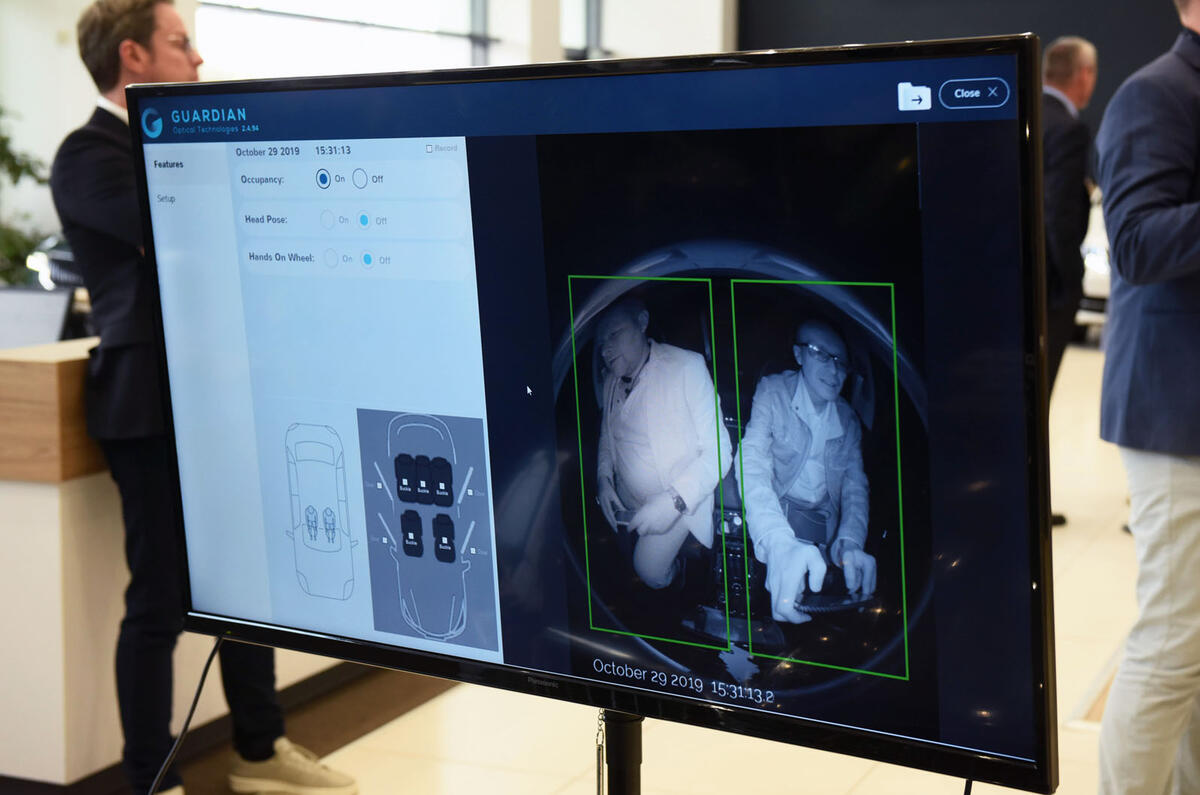
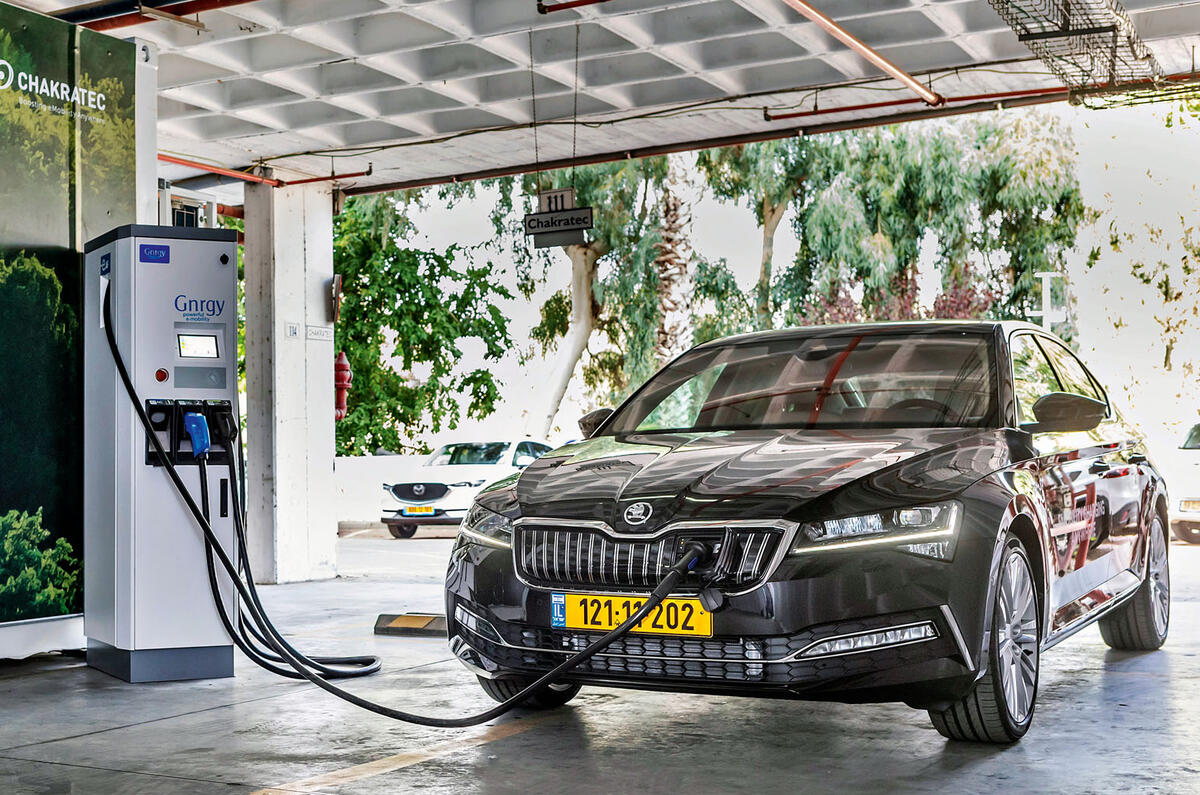
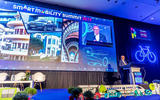
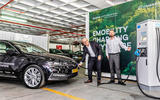
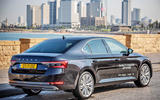
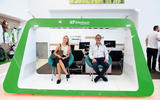



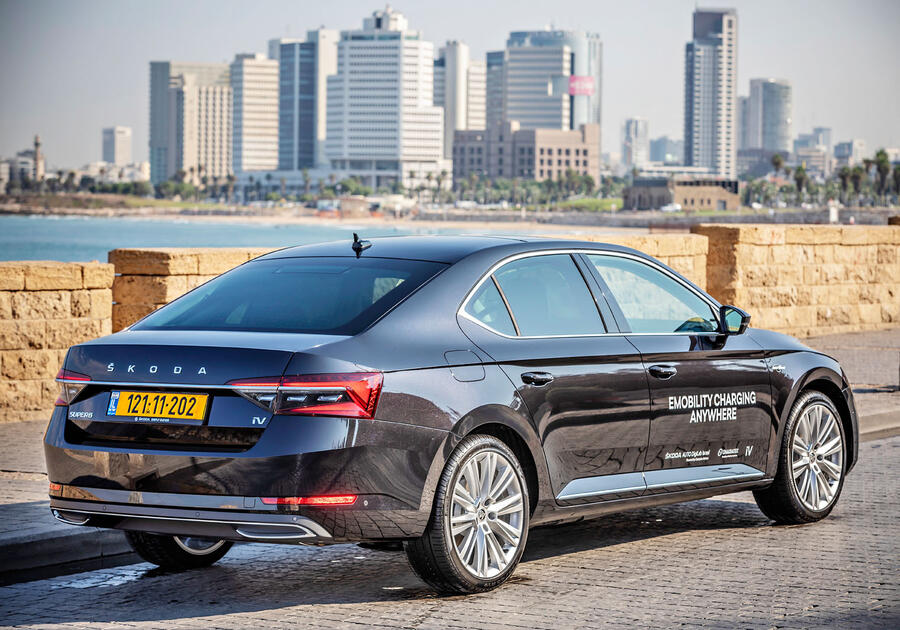
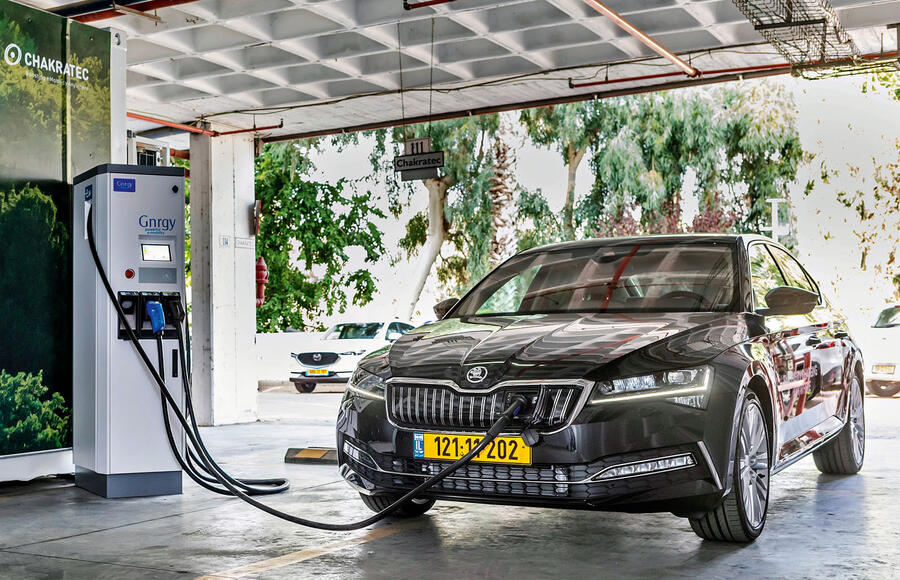
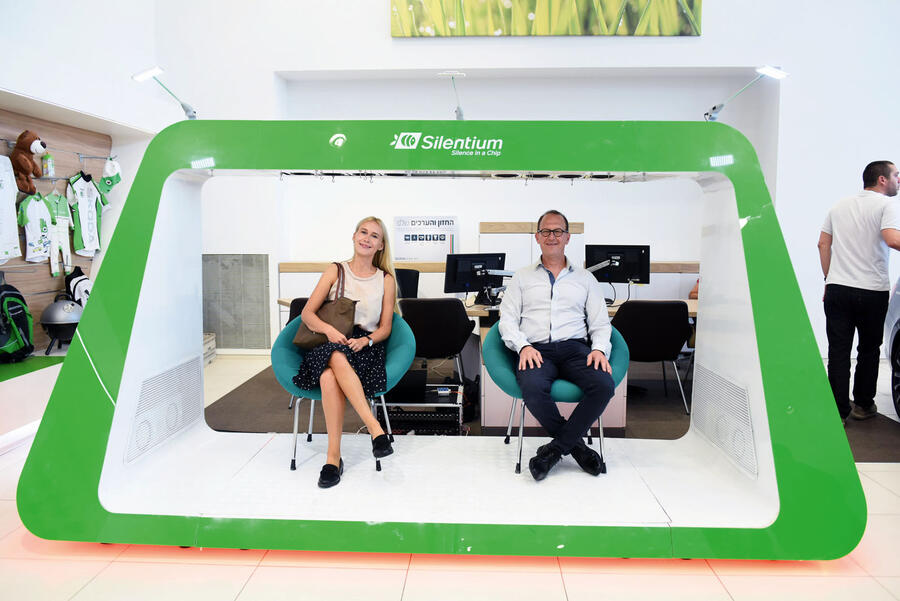
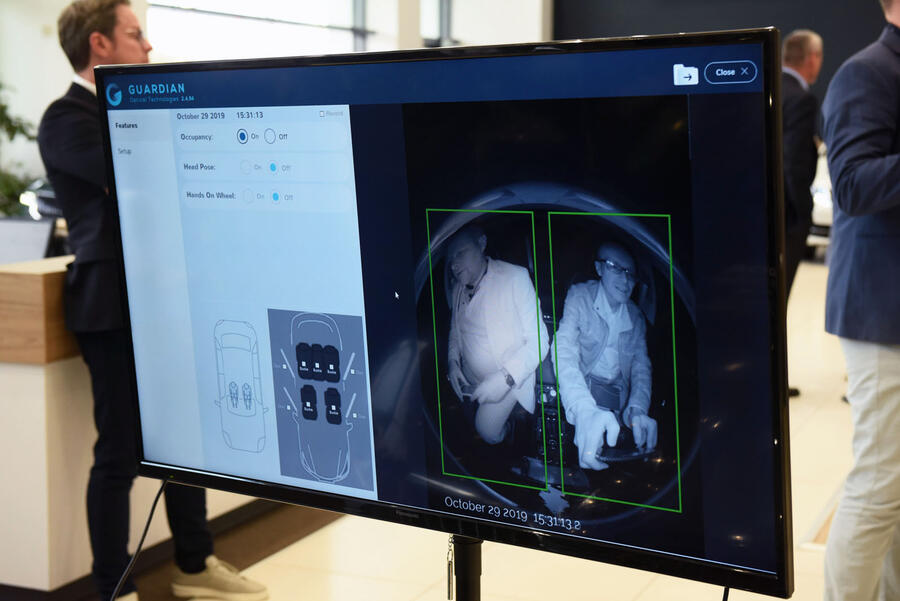





Join the debate
Add your comment
Too much tech...?
A bit big brother with some of the ideas?, well, I don't want to feel I'm on parade at all times watching what I say and do, I don't want anyone else to know personal stuff either, I can see the idea of fully autonomous vehicles in heavily trafficked areas, fully autonomous may well make journeys less stress, but, you won't get there any quicker,and, I think there's a limit to how much tech we really need in a Car.
Peter Cavellini wrote:
Nonsense, you don't know what you need, until someone comes along and tells you. What have you got to hide when you're driving anyway?. Come to that, no-one would be in the least interested in finding out. :)